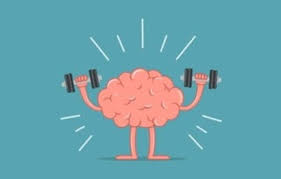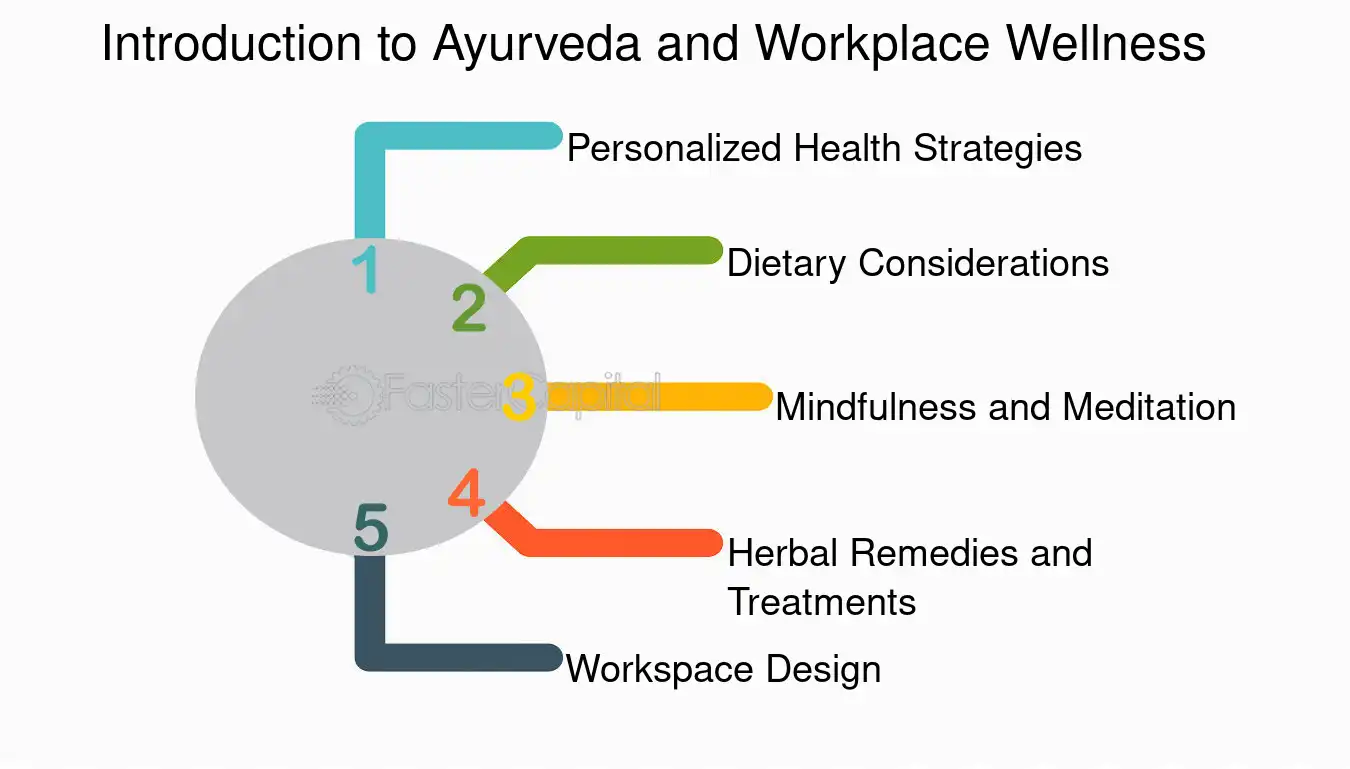Introduction
Exercise plays a crucial role not only in physical fitness but also in mental health. Research shows that regular physical activity can help reduce symptoms of anxiety, depression, and stress while improving mood and overall well-being. This post explores how exercise positively impacts mental health and provides practical tips for incorporating it into your routine.
Exercise has a significant impact on mental health, contributing to both emotional stability and enhanced cognitive function. By understanding the link between physical activity and mental well-being, you can harness its benefits to improve your daily life
How Exercise Improves Mental Health
1. Reduces Symptoms of Depression and Anxiety
Exercise stimulates the production of endorphins, which are natural mood lifters. Regular physical activity has been shown to reduce symptoms of depression and anxiety by promoting a sense of calm and happiness.
2. Enhances Cognitive Function
Exercise increases blood flow to the brain, improving focus, memory, and learning abilities. Physical activity has also been linked to lower risks of developing cognitive disorders like Alzheimer’s disease.
3. Decreases Stress Levels
Engaging in exercise helps the body manage stress better by regulating stress hormones such as cortisol. Activities like yoga and walking can be particularly effective in reducing stress and promoting relaxation.
4. Boosts Self-Esteem and Confidence
Consistent exercise can lead to improved physical appearance, which in turn boosts self-esteem and confidence. A better body image is often linked to higher levels of happiness and life satisfaction.
5. Promotes Better Sleep
Regular physical activity helps regulate sleep patterns, making it easier to fall asleep and achieve deep, restorative sleep. Good sleep is essential for mental clarity and emotional stability.
Best Exercises for Mental Health
1. Aerobic Exercise
Activities like jogging, cycling, and swimming boost heart rate and increase endorphins, which elevate mood and improve energy levels.
Learn more about balancing the mind and body in our Ayurvedic Approach to Mental Health post.
2. Strength Training
Lifting weights or bodyweight exercises enhance focus and discipline, making it beneficial for both body and mind.
According to Mayo Clinic, strength training not only improves physical strength but also supports mental well-being.
3. Yoga and Mindfulness Practices
Yoga combines physical postures with mindfulness, helping to calm the mind, reduce stress, and promote a sense of peace.
Practical Tips for Incorporating Exercise
- Start Small: Begin with 20-30 minutes of moderate activity, like walking or cycling, and gradually increase the intensity.
- Make it Fun: Choose activities you enjoy, such as dancing, swimming, or team sports, to keep yourself motivated.
- Stay Consistent: Aim for at least 150 minutes of moderate-intensity exercise per week for the best mental health benefits.
- Join a Group: Exercising with friends or joining a fitness class can provide social support, which also enhances mood and motivation.
Conclusion
Exercise is a powerful tool for improving mental health. By reducing anxiety, depression, and stress, while boosting cognitive function and self-esteem, regular physical activity can enhance your emotional well-being. Whether you prefer yoga, strength training, or cardio workouts, find what works best for you and make it a regular part of your routine.

